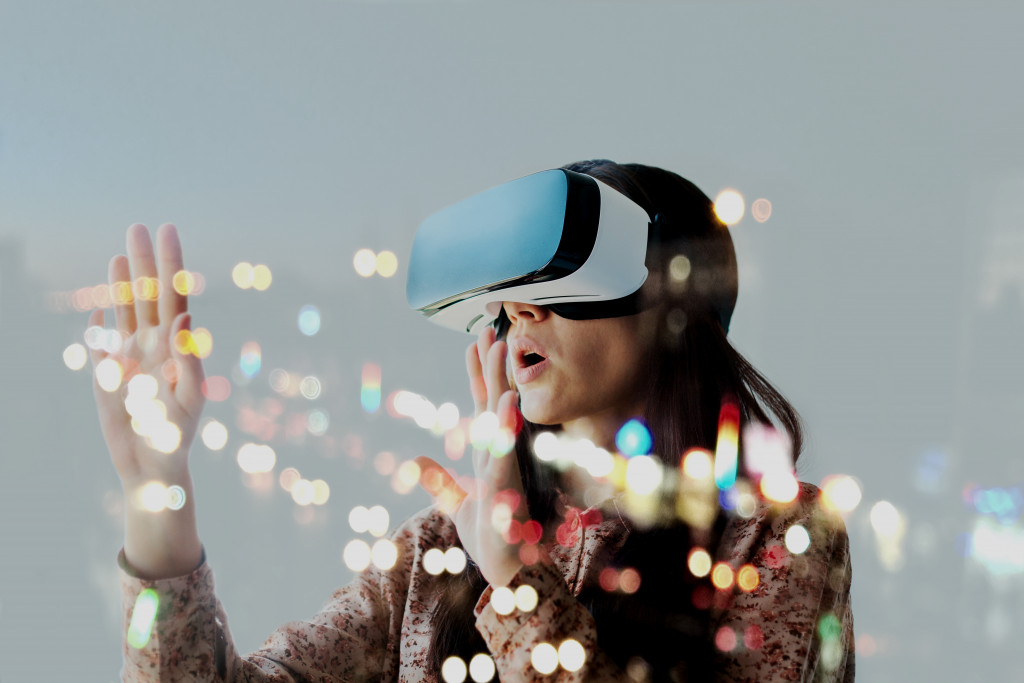Technology has always been a key factor in any industry, and travel and tourism are no exception. In recent years, we have seen a significant shift of consumers relying more on technology and the internet in planning their trips. This is not surprising given that the younger generations, particularly millennials and Gen Z-ers, are fond of traveling and new technology.
In 2019, the travel and tourism industry in the United States contributed over $1.1 trillion to the economy, providing millions of jobs. Although the outbreak of the COVID-19 pandemic initially put a halt to the industry, it paved the way to accelerate tech trends that are useful even beyond this current health crisis.
How Technology Is Revolutionizing the Travel and Tourism Industry
Voice Search
Thanks to smartphones, AI assistants, and smart speakers, voice search has become increasingly relevant, particularly in the travel industry. These days, more consumers use voice search in looking for good deals on airline tickets, resort accommodations, and activities like ATV tour packages when planning a trip.
To get more out of the voice search technology, vendors should consider designing their website with this technology in mind. Capitalizing on this trend not only keeps you relevant and updated in the industry, but consumers will highly value their experience promoting repeat business.
Robotics
One of the exciting tech developments in the travel and tourism industry is robotics. As it is constantly changing and improving, we are guaranteed to see more developments in the future.
Robotics technology has already been used in the industry for various purposes. For instance, robots are used by some airports in detecting concealed weapons and other unauthorized items. In fact, robots have proven to be useful in response to the pandemic. Since human-to-human contact is still discouraged, some establishments have employed robots to handle concierge-like functions, cleaning, and luggage handling.
Contactless Payment
Contactless payment is another crucial tech innovation in the travel industry. This method of payment allows faster, more convenient, and easier ways to process payment. In the wake of the coronavirus pandemic, contactless payment comes in handy as person-to-person contact is highly discouraged. A lot of consumers are reluctant to handle cash for fear of contracting or spreading the virus.
Even after this pandemic dies down, more and more consumers would likely prefer contactless payment because of the convenience it offers. Even without cash, credit card, or debit card at hand, you can still make purchases.
Virtual Reality
Virtual reality (VR) is an emerging technology that has proven useful for many sectors. Even the tourism industry can enjoy its benefits. Since travel is very much restricted amid COVID-19, aid travelers can still enjoy the taste of distant locations in the comforts of their own homes. Whether they eventually complete a booking or not, a VR experience could cure anyone’s cabin fever.
Chatbots
Consumers these days expect an omnichannel customer experience. Because of this, it is no wonder why more and more websites are employing chatbots. Businesses in the travel and tourism industry could greatly benefit from it. Chatbots can provide quick and efficient answers to questions at any time of the day, even without your staff operating the system. Utilizing AI technology, these chatbots could even provide complex answers as they have more and more interactions.

Internet of Things
Another exciting tech development in the travel and tourism industry is the Internet of Things (IoT). Our lives and technology are increasingly becoming more intertwined. People these days are pretty much reliant on the Internet, be it for schooling, work, or other personal interest.
Utilizing internet-based connectivity among various devices, traveling customers get to experience a more streamlined and user-friendly experience. For example, a customer who checks in in a hotel can be provided with a device that allows control and access to different features, from temperature and lighting control to securing valuable items in their rooms.
Cybersecurity
One downside with the world becoming more digitized is the vulnerability of our data from cyber-attacks and breaches of various kinds. Nonetheless, technology paves the way to give sophisticated protection from these unscrupulous criminals. With cybersecurity training and hardware and software solutions, businesses in this industry are given ample protection. Among the biggest cybersecurity threats are phishing, malware, and password theft.
Recognition Technology
Recognition technology is among the main key tech trends that are proven to be valuable across various industries. This technology covers facial recognition, fingerprint recognition, retina scanning, and other biometric identification. Amid the COVID-19 pandemic, since mask-wearing is mandatory for most establishments, facial recognition technology allows ease of identification even without face mask removal.
Keeping up with the latest tech trends enables you to stay relevant and competitive in the travel and tourism sector. If you run a business related to travel, you can take advantage of these.

